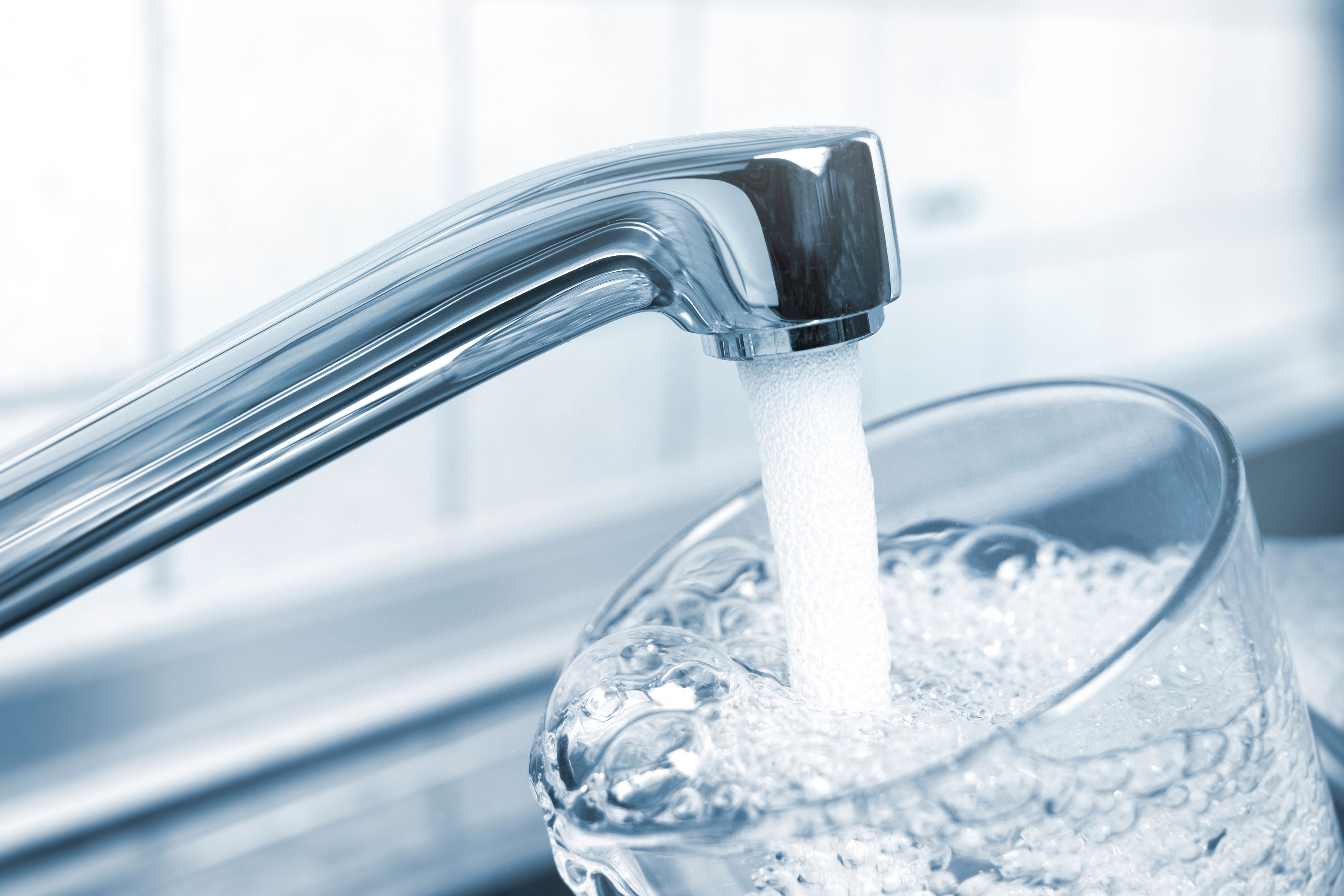Debunking 5 Common Water Filtration Myths
Myth 1: All Water Filtration is the Same
One of the most common misconceptions about water filtration is that all water filters offer similar performance. In reality, water filters vary significantly in terms of their technology, effectiveness, and the specific contaminants they remove. Some filters are designed to target specific impurities like chlorine and lead, while others may focus on improving taste and odor.
Understanding the differences can empower consumers to choose a filtration system that best suits their needs. It's crucial to research and select a filter that addresses the specific contaminants present in your local water supply.

Myth 2: Bottled Water Is Always Better
Another prevalent myth is that bottled water is inherently purer or safer than tap water. While it's true that some bottled waters offer high quality, others are simply filtered tap water, and not all undergo rigorous testing. Plus, the environmental impact of plastic bottles is a significant concern.
Many modern water filtration systems can provide water quality comparable or superior to many bottled water brands, often at a fraction of the cost and environmental impact. Opting for a high-quality home filtration system can be both an economical and environmentally friendly choice.
Myth 3: Water Filters Are Expensive and Costly to Maintain
Some people avoid investing in water filtration systems due to the perception that they are expensive and require costly maintenance. While it's true that some systems can be pricey upfront, there are various options available for different budgets.
Moreover, maintenance costs can be minimized by selecting systems with long-lasting filters or by opting for models with reusable filter components. In the long run, using a water filter can actually save money compared to regularly purchasing bottled water.

Myth 4: Filters Remove All Beneficial Minerals
A common concern is that water filters remove not only harmful substances but also essential minerals like calcium and magnesium. While reverse osmosis systems may strip water of most minerals, many filtration technologies retain beneficial minerals while eliminating contaminants.
For those concerned about mineral loss, some filters are designed to add essential minerals back into the water, ensuring both purity and nutritional value. It's important to choose a system that aligns with your health goals and preferences.
Myth 5: Tap Water Is Always Safe Without Filtration
Many assume that tap water is universally safe due to regulatory standards. However, contamination can still occur due to aging infrastructure, industrial runoff, or natural disasters. These factors can compromise water quality and introduce harmful substances into the supply.
Using a reliable water filter adds an extra layer of protection, ensuring peace of mind by removing potential contaminants that might slip through municipal treatment processes. Investing in a good filtration system can safeguard against unexpected pollutants.

In conclusion, understanding these common myths can help you make informed decisions about your water consumption. By selecting an appropriate filtration system for your needs, you can ensure access to clean and safe drinking water while also contributing positively to environmental conservation efforts.
